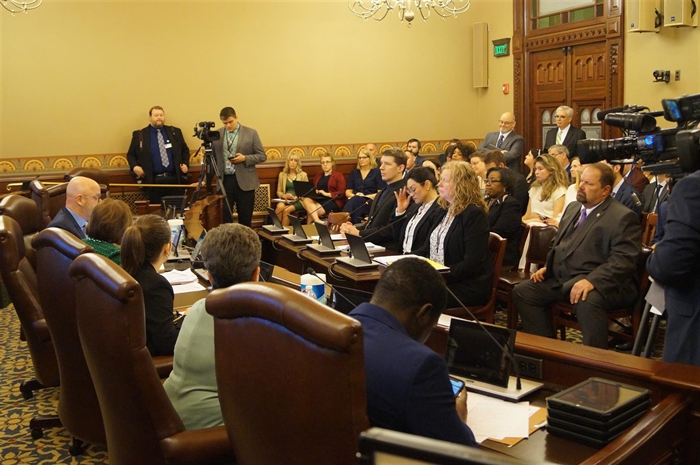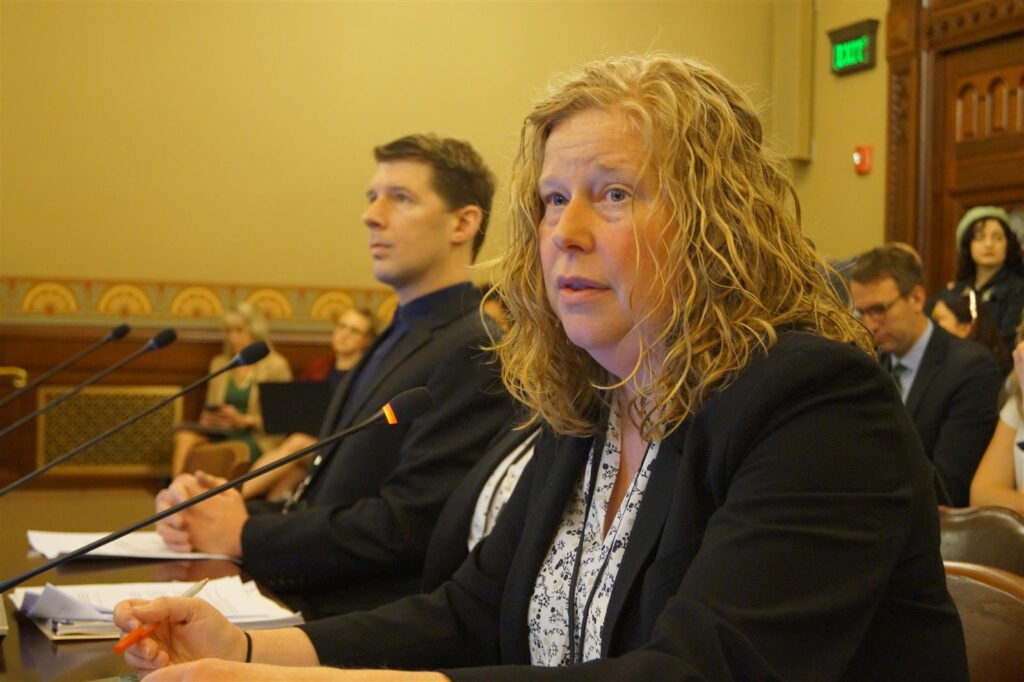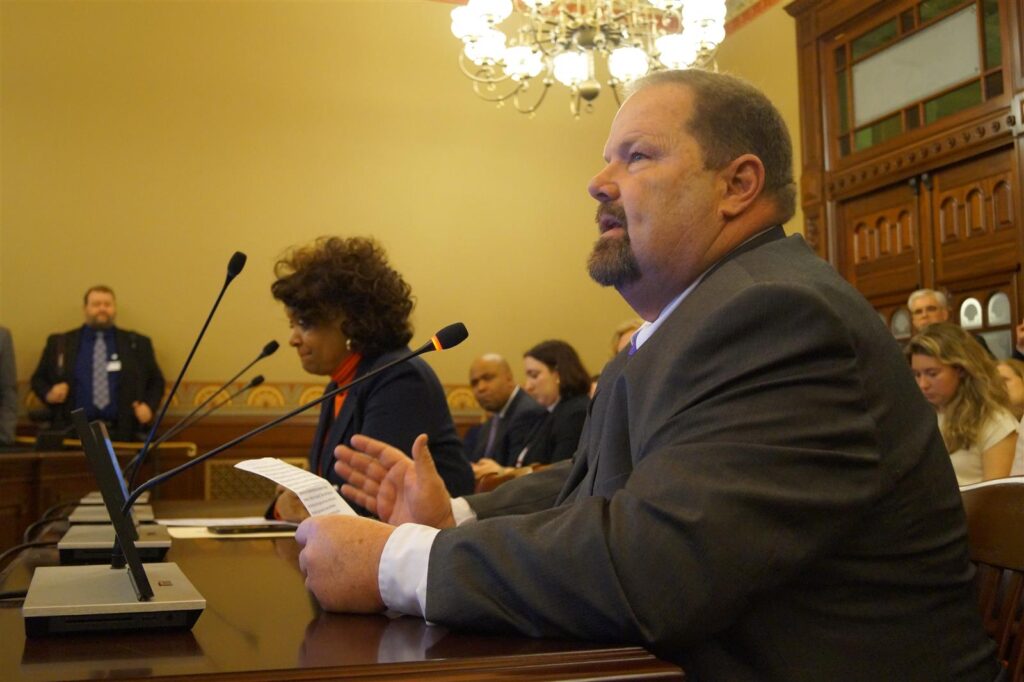Trending
- October 20, 2024
Revolutionizing Health Insurance in Illinois: An In-depth Look at Governor Pritzker’s Reform Proposals

In a landmark move poised to redefine the landscape of health insurance in Illinois, Governor JB Pritzker has initiated a series of transformative proposals aimed at enhancing patient care and reducing bureaucratic barriers. Unveiled during his State of the State address in February, these proposals herald a new era of patient-centered health insurance practices, emphasizing transparency, access, and fairness.
A Deep Dive into Pritzker's Health Insurance Reforms
At the core of Governor Pritzker’s vision are measures designed to dismantle the obstacles that currently hinder patient access to necessary treatments. Central to this initiative is the introduction of an amendment to House Bill 5395, which proposes significant changes to the state’s health insurance industry protocols.
One of the most critical aspects of this amendment is the prohibition of prior authorization for psychiatric in-patient treatments and the elimination of “step therapy” for prescription medications. Step therapy, a contentious practice, mandates patients to trial one or more cost-effective drugs before receiving the medication initially prescribed by their healthcare provider. This, along with other proposed changes, signifies a robust attempt to prioritize patient health over cost-cutting measures.
Furthermore, the amendment mandates insurance companies to disclose the treatments requiring prior authorization publicly, ensure the accuracy of their in-network provider lists, and outlaw the sale of short-term health plans that fail to meet the federal Affordable Care Act’s standards.

A Balanced Perspective: Ensuring Consumer Protection Without Demonizing the Insurance Sector
In addressing the House Human Services Committee, Emily Miller, a senior advisor in Pritzker’s office, emphasized the administration’s commitment to consumer rights without casting the health insurance industry as the adversary. The goal is clear: to ensure that insurance policies are administered in a manner that serves the best interest of the consumers, safeguarding their rights to accessible and necessary healthcare.
The hearings brought to light personal narratives from individuals and families who have faced denials from their insurance providers, underscoring the human impact of the current system’s deficiencies. These testimonies, including heart-wrenching stories from state legislators, highlighted the urgent need for reform.
The Counterargument: Cost Control and the Role of Prior Authorization
Representatives from the pharmaceutical and insurance sectors, including Lori Reimers of the Pharmaceutical Care Management Association, have voiced concerns about eliminating cost-control measures like step therapy and prior authorization. They argue that these practices are essential for negotiating healthcare costs, ensuring that insurance remains affordable for employers and employees alike.


Looking Forward: The Path to Reform
Governor Pritzker remains steadfast in his assertion that the proposed reforms are not about dismantling cost controls but rather about rectifying abuses of power within the insurance industry. The aim is to strike a balance where cost considerations do not impede immediate and necessary access to healthcare.
As the House Human Services Committee deliberates on these proposals, with further discussions and a potential vote in the near future, Illinois stands on the brink of significant health insurance reform. This initiative represents a critical step towards a healthcare system where patient needs and protections are placed firmly at the forefront, signaling a hopeful future for all Illinois residents.
In conclusion, Governor Pritzker’s health insurance reform proposals present a paradigm shift towards a more equitable and patient-centric healthcare system in Illinois. By addressing the longstanding issues of prior authorization and step therapy, alongside enhancing transparency and network accuracy, these reforms aim to dismantle the barriers to essential healthcare, ensuring that patient welfare takes precedence over cost-cutting measures. As the state awaits further developments, the collective hope is for a reformed health insurance landscape that embodies fairness, accessibility, and respect for patient rights.
© 2023, www.modelilgov.org/. All rights reserved/HOME/privacy-policy/ sitemap